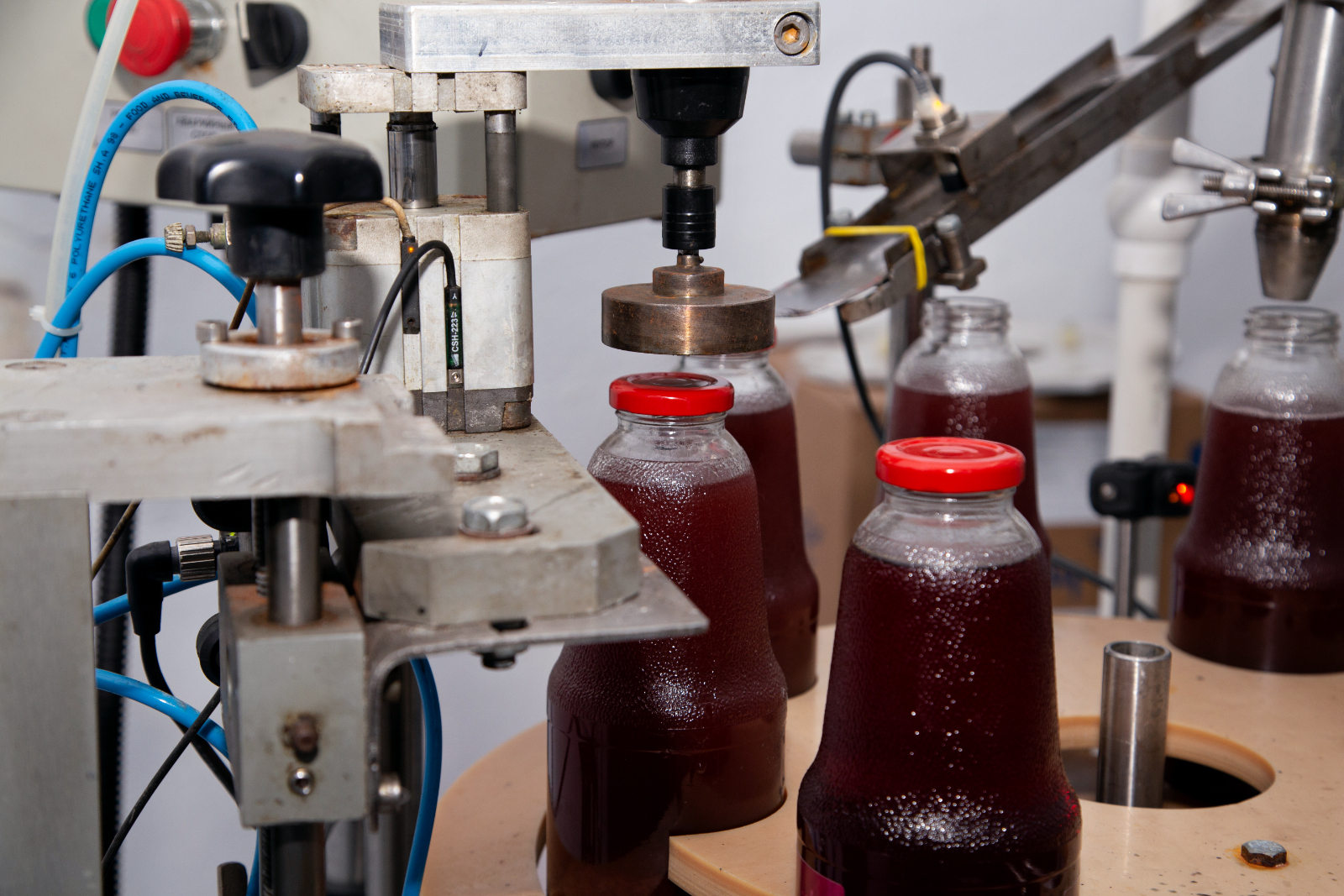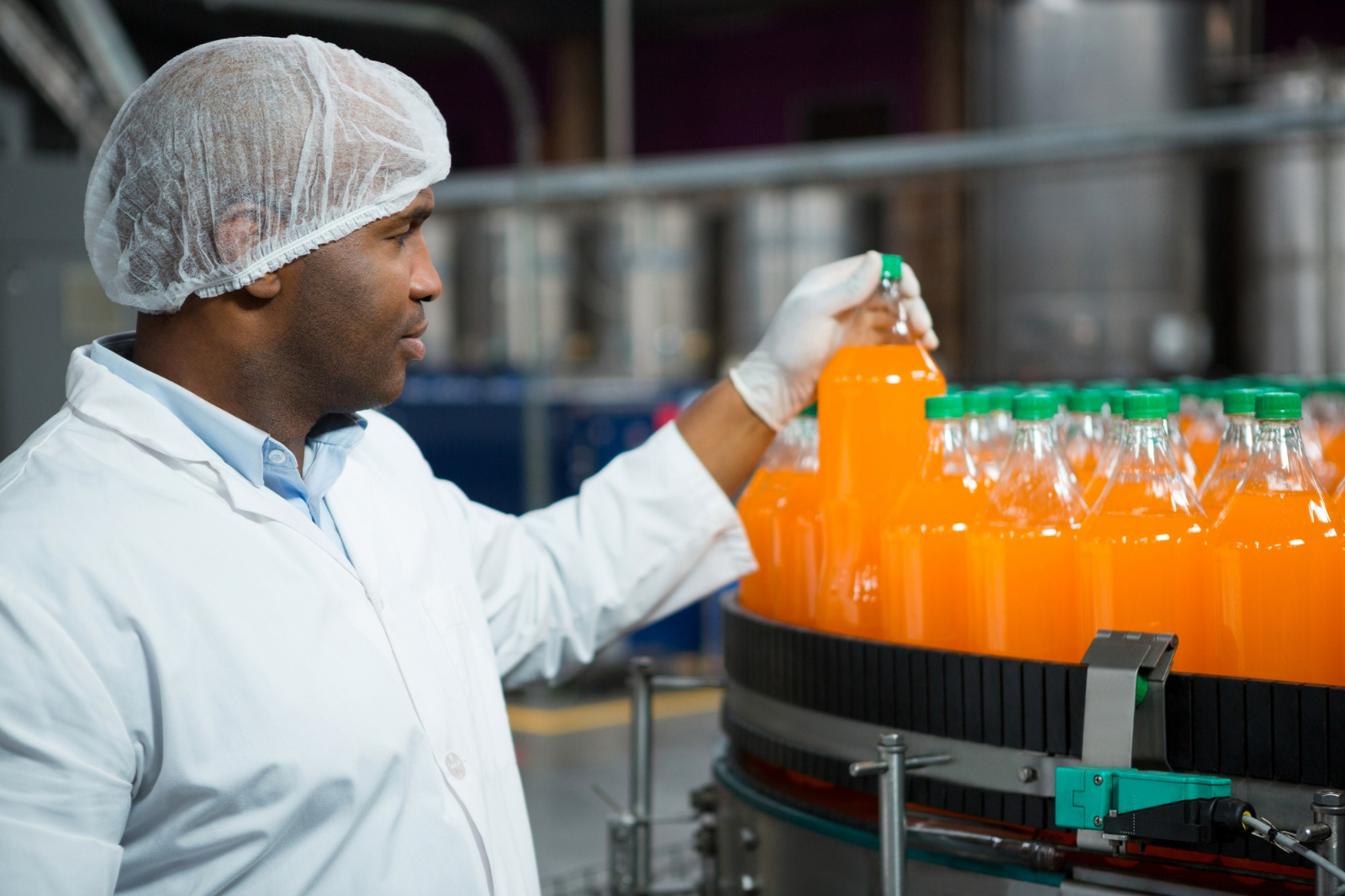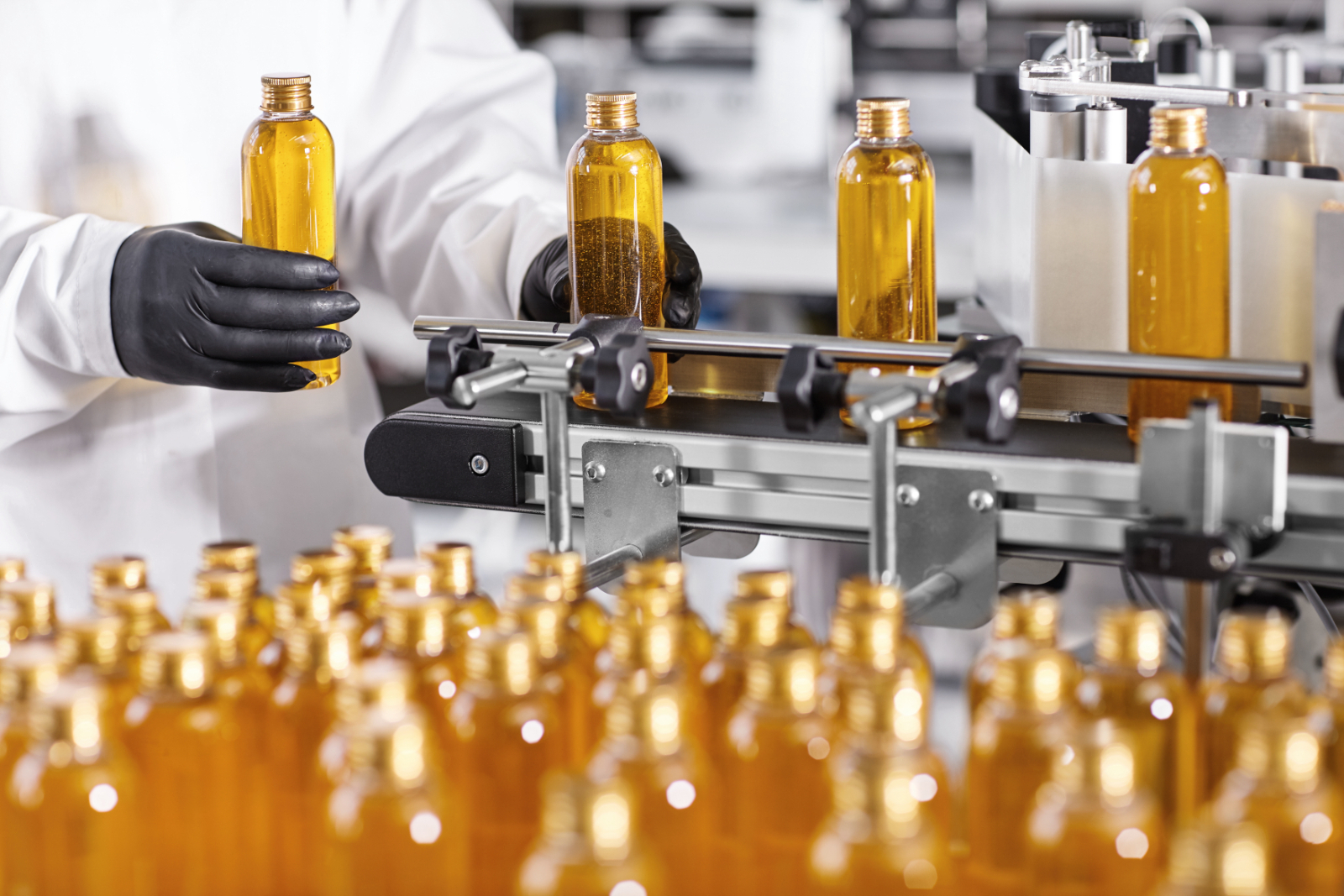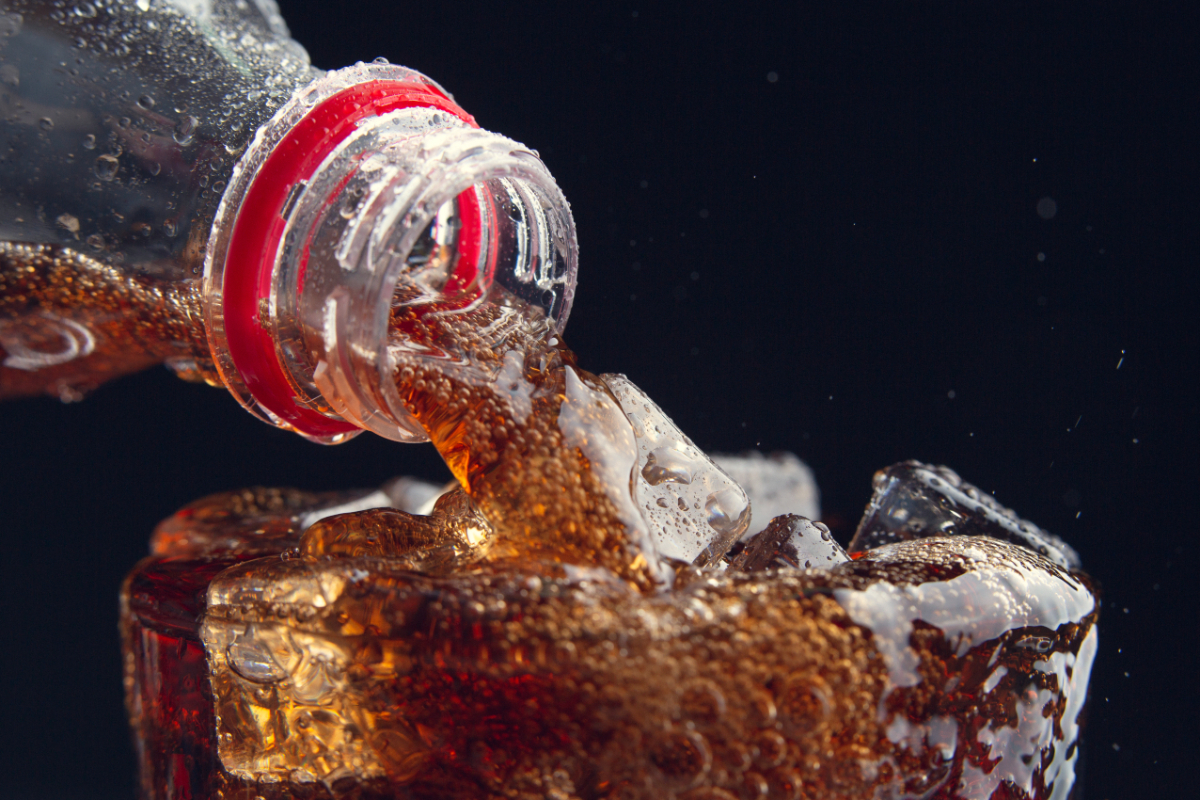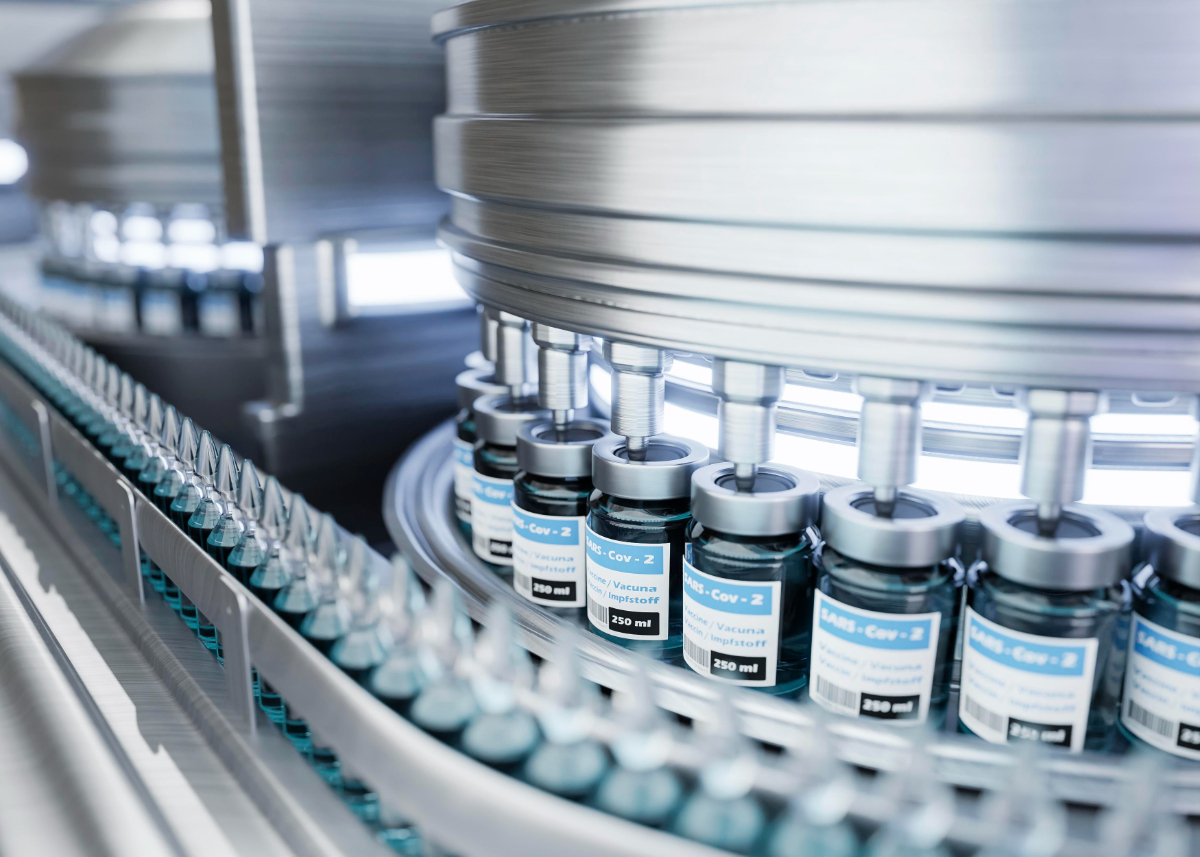We look at what to consider before purchasing a bottle capping machine. From production volume and cap compatibility to automation features and ease of maintenance, our expert insights will empower you to choose the perfect bottle capping solution for your business.
What different types of caps are available?
When contemplating what to consider when purchasing a bottle capping machine, the first thing that should come to mind are the different types of caps available in the market. This matters significantly because each cap type requires different equipment to effectively secure it onto containers.
There are several cap types to consider. Screw caps and plastic caps are commonly used for beverages and household items, as they are inexpensive and easy to apply. On the other hand, crowns and corks are favoured for wine and spirits due to their need for rapid airtight sealing and aesthetics. Other less common types include disc top caps and flip top caps, which are often used in personal care and cosmetic products for their user-friendly features.
Significantly, the apparatus used for sealing bottles with these various caps differ considerably. Some capping machines are expressly designed to accommodate a singular cap style, while others are more versatile, capable of managing a broad spectrum of cap types. This demonstrates the diversity in innovative capping technology range.
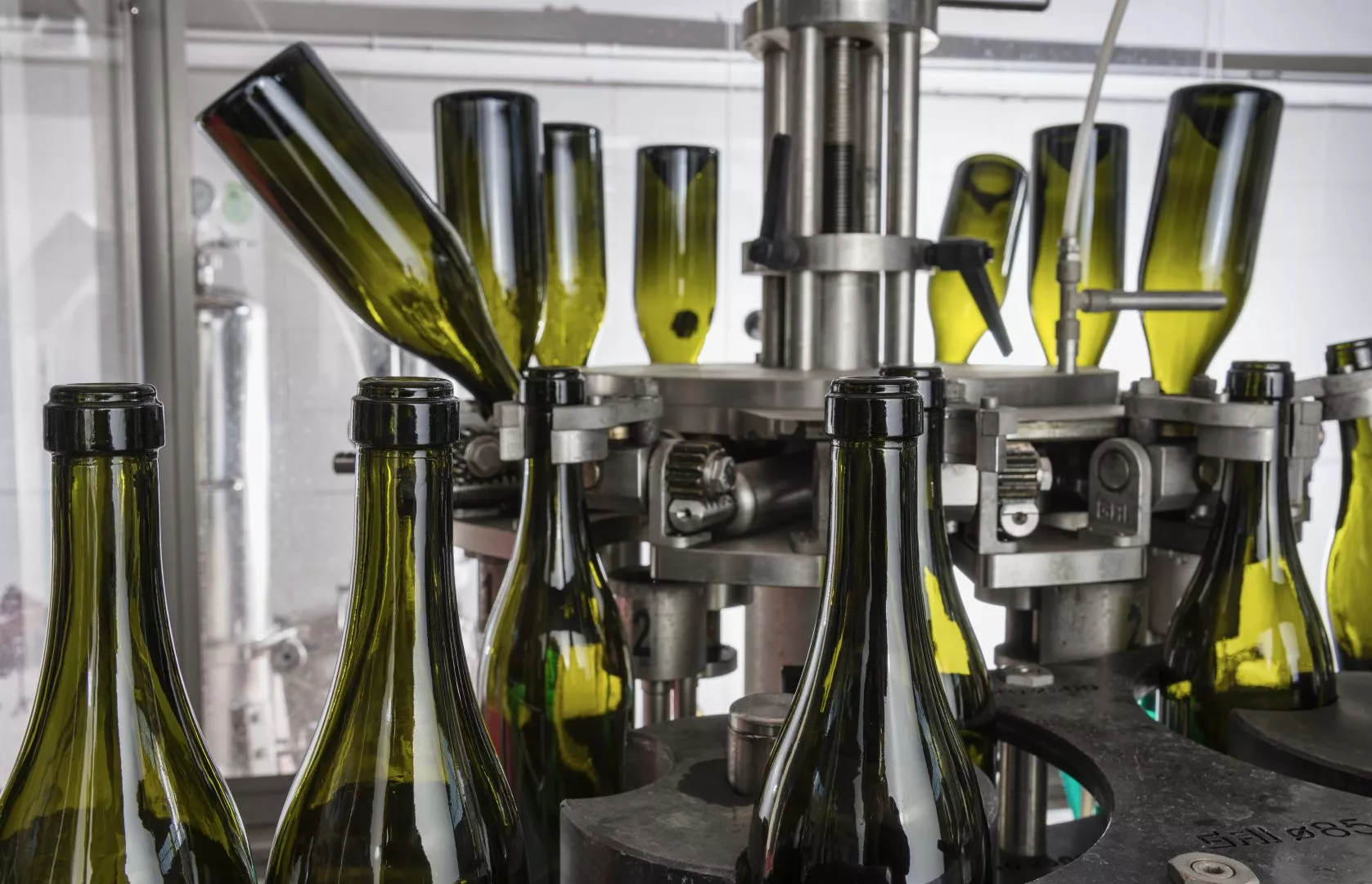
What industries use bottle capping machines?
Bottle capping machines play a vital role in a host of industries. Being crucial in fastening caps onto products, these tools ensure seal integrity, thus preserving product safety, quality, and prolonged shelf life. Whether it's in food and beverage, cosmetics, or pharmaceutical sectors, they maintain the ideal conditions within containers, preventing contamination. Many companies offer high-performing, robust, and easy-to-operate machines to cater for all your bottling needs.
These machines are commonly used across bottled water and other beverage industries to apply screw or plastic caps to containers in a quick, cost-effective manner.
Essential for reducing product waste and improving profitability, they work by securely sealing bottles, thus ensuring the maintained freshness and taste of the beverages over time. This is crucial for consumer satisfaction and repeat business. With a significant role in production lines, these machines offer a streamlined solution for various businesses.
Distilled spirits industries, including breweries and wineries, utilise specialised machinery in their production processes. These machines are perfectly designed and adapted to perform vital tasks such as attaching crowns or corks to bottles. This process is of critical importance because it ensures airtight sealing, thereby maintaining the quality of the product.
Furthermore, their functionality also extends to enhancing visual appeal, which in turn, contributes to the marketing aspect of these industries. The intricacies and effectiveness of this process conducted by machinery prove indispensable in the daily operations of the distilled spirits industries.
Pharmaceutical industries globally rely on sophisticated capping machines to tightly fasten various cap types onto medicinal bottles. This integral process plays a pivotal role in safeguarding the product quality, ensuring safety, promoting trust and preventing potential tampering.
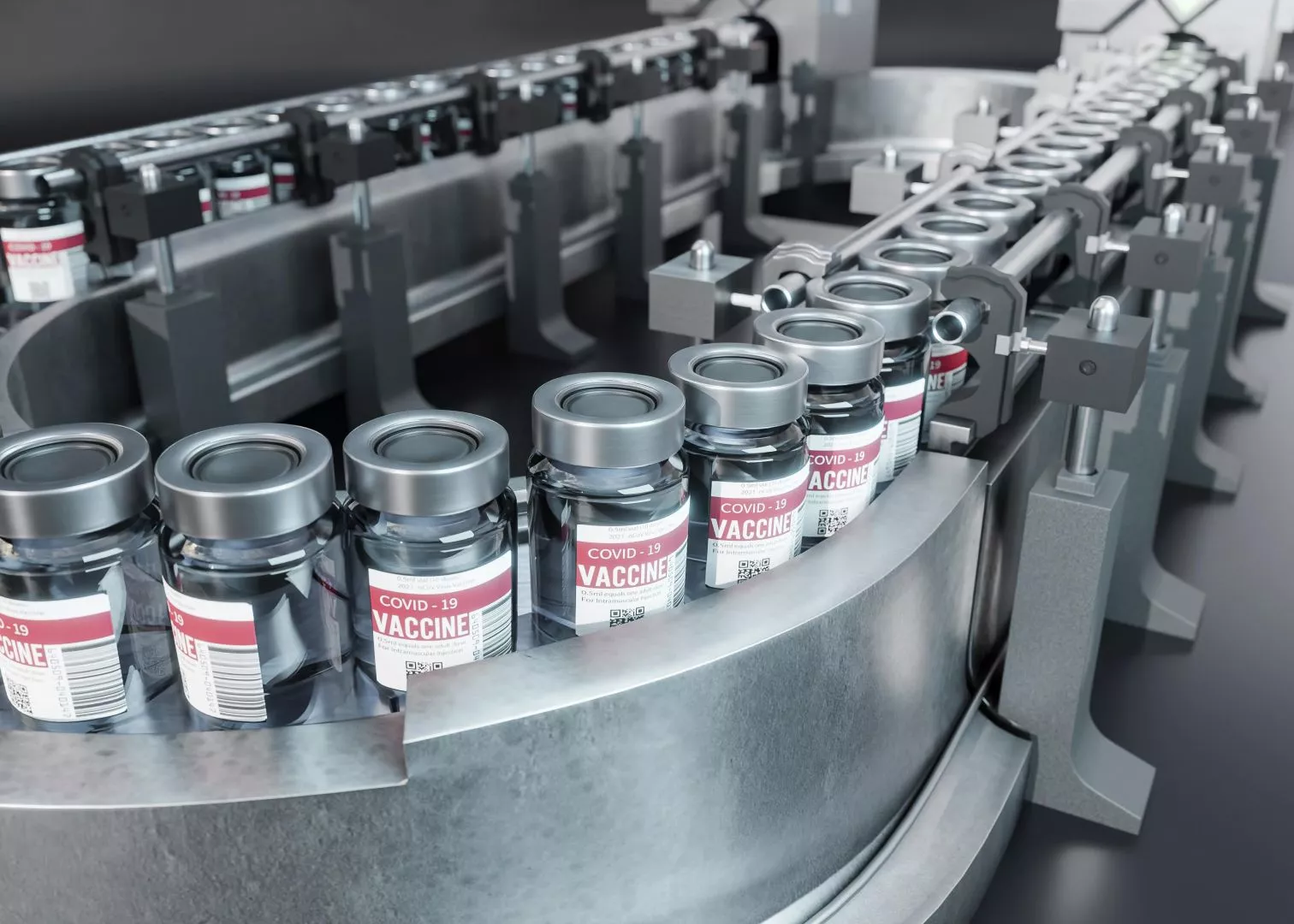
Pharmaceutical Industries
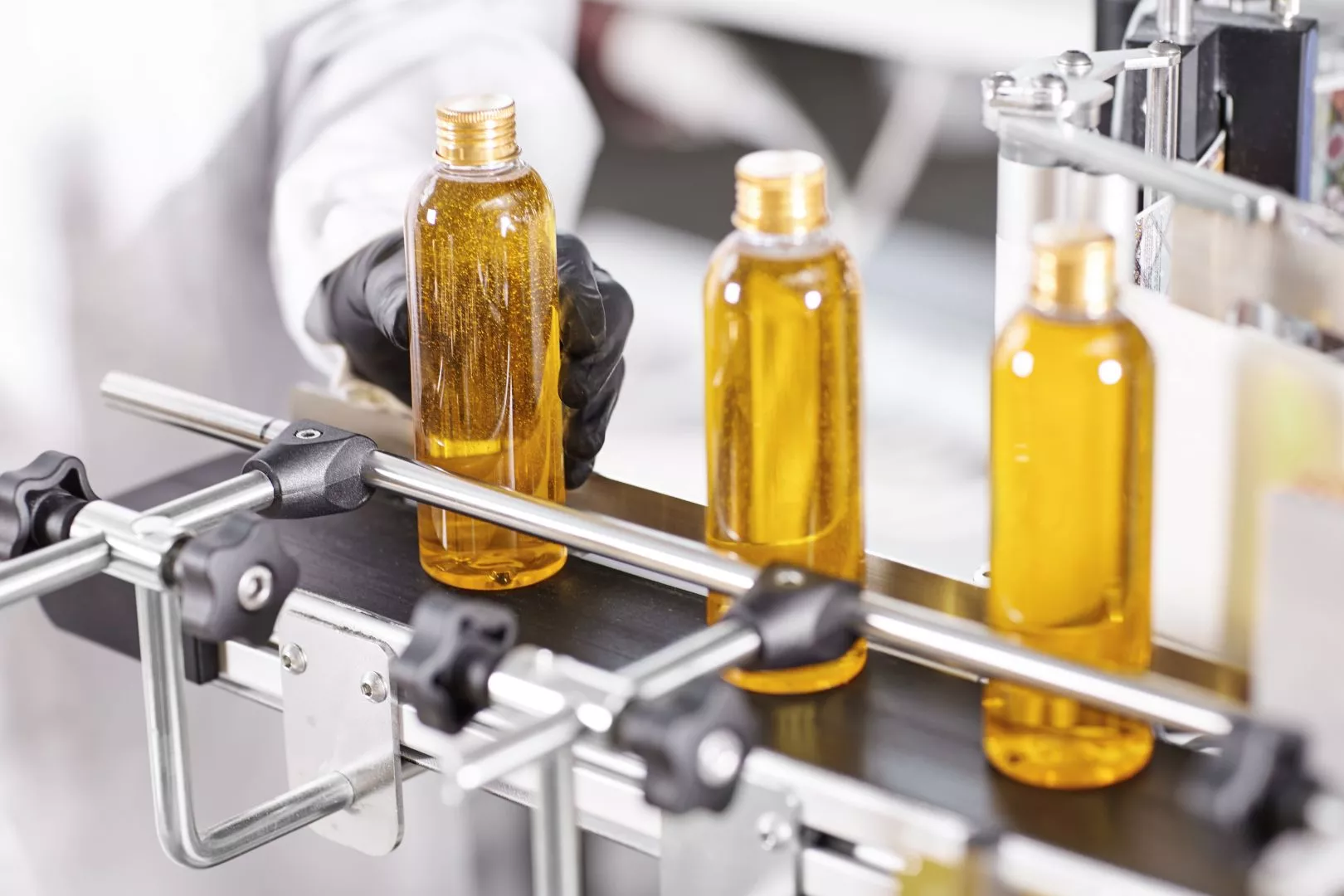
Household Items
Among the diverse range of cap types, child-proof caps are notably employed to notably increase safety for homes with children. Thanks to the latest technology, these machines enhance the pharmaceutical sector's ability to deliver safe products.
Cosmetics and personal care industries frequently make use of disc top or flip top caps on their products. These intelligently designed tops are beneficial due to their ease in dispensing the product. This makes using the product more efficient and less messy for the customer. Manufactured by experienced professionals, these innovative caps have revolutionised packaging in these industries.
Household items ranging from cleaning solutions to condiments, can be covered with various types of bottle cap designs, depending upon the product's usage requirements and cost efficiency. The design of the cap plays a crucial role in determining its functionality, for example, to prevent spilling or to dispense a product in controlled quantities. Many bottle capping businesses provide a wide selection of high quality and cost-effective bottle cap options, so ensure you shop around for the best deals.
How much do bottle capping machines cost?
Even within a tight budget, it is still possible to obtain a good-quality bottle capping machine. Various factors can influence the machine's price, including its compatibility with different cap types, operational speed and accuracy, automation level, and overall build quality for longevity.
It's essential to balance these components to invest wisely, ensuring efficiency while also taking cost into consideration. Furthermore, shopping meticulously and comparing different machine options can deliver the best value for money, fulfilling your bottling needs within budget. Remember, using a high-quality machine ensures reliability, effectiveness, and the smooth running of your business.
Semi-automatic capping machines are often a more cost-effective choice, with prices starting at just a few thousand pounds. This is an affordable option for many businesses, making it an attractive solution for those trying to manage costs effectively. However, this type of machine may not meet the needs of businesses with high-volume production requirements. Their operational speed is comparatively slower than fully automatic machines.
If your production demands are high, this slower speed may result in longer production times and could impact efficiency negatively. Therefore, while the lower cost of semi-automatic capping machines from a reliable company might be tempting, it's essential to understand the potential implications for your operations and make an informed decision based on the specific production needs of your business.
While the cost of high-speed, exact and sturdy fully automated capping machines can climb to tens of thousands of pounds, they present an investment worth considering for certain businesses. Particularly, they are ideal for businesses with considerable production requirements.
These machines can indeed offer a quicker return on investment, compensating their higher initial cost through increased efficiency and productivity. They reduce labour costs, improve consistency and enable businesses to ramp up their production in response to high demand. Therefore, despite the initial outlay, they may be a worthwhile investment for some companies.
How much maintenance do bottle capping machines need?
Maintaining bottle capping machines effectively is an essential practice to guarantee their seamless functioning and extended life span. Enjoying optimal machine performance requires a few simple steps: regular checking of component parts for wear and tear, applying lubrication frequently and cleaning them diligently. This prevents malfunction that could lead to a sudden breakdown.
It's important to remember that each machine is unique, so manufacturers will supply specific maintenance routines and advice tailored for each model. Ignoring this guidance could result in machine fault, potentially leading to expensive repairs and excessively long periods of inactivity which can greatly hit productivity levels. An often overlooked factor is the purchase and stockpile of spare parts.
Recognising the cost and ready availability of these parts helps prevent any sudden shocks and contributes to calculating the overall maintenance cost of the machine. Having them available ensures you can promptly address any issues, reducing machine downtime. Thus, an effective maintenance plan plays a crucial role in sustaining the productivity of your bottle capping operations.
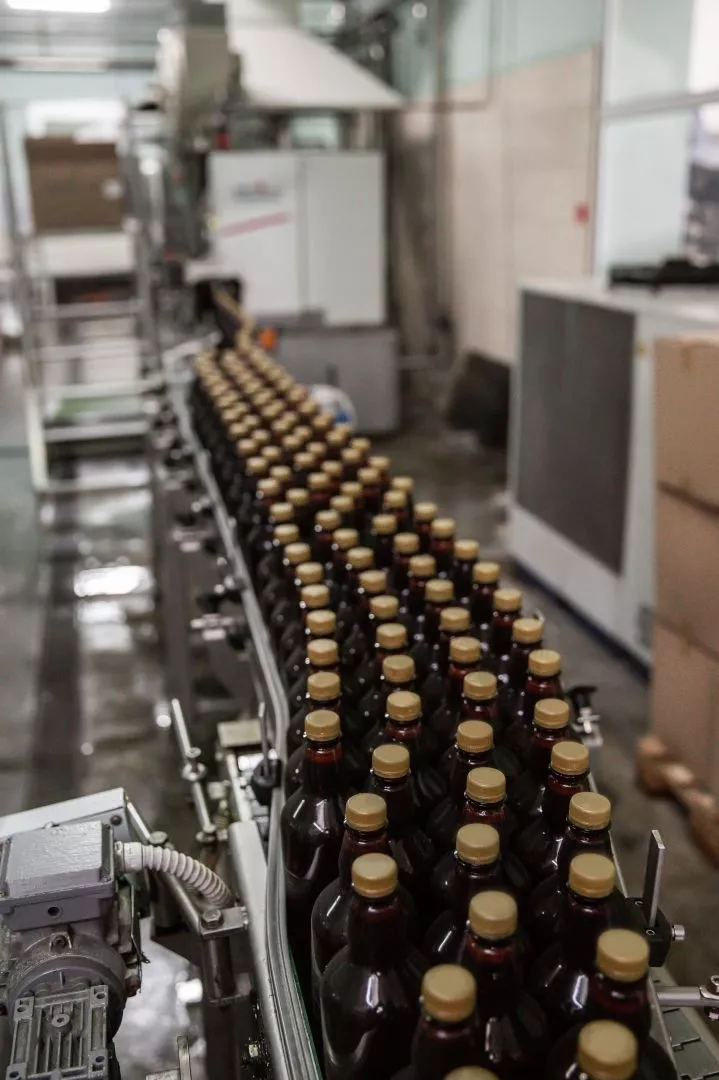
What’s The Difference Between an Automatic Capper and a Semi-Automatic Capper?
When mulling over what to consider when purchasing a bottle capping machine, understanding the difference between an automatic capper and a semi-automatic capper is crucial.
Semi-automatic cappers require more manual intervention as they require operators to place caps on bottles before the machine secures them. These machines are ideal for businesses with small to medium production scales due to their lower cost and simpler operation.
Automatic cappers, on the other hand, need minimal human assistance. They automatically place and secure the cap on the bottles at high speeds, making them perfect for larger businesses with high production needs. Though they require a higher initial investment, in the long run, they can significantly boost productivity and provide a quick return on investment.
Choosing between these two types ultimately depends on your production volume, budget, and other specific needs, helping you make an informed decision when purchasing a bottle capping machine.
Are you looking for capping machines? Then call the experts at today. That’s not all, we undertake capping machine repair and sales. Get in touch with us if you have any queries.

